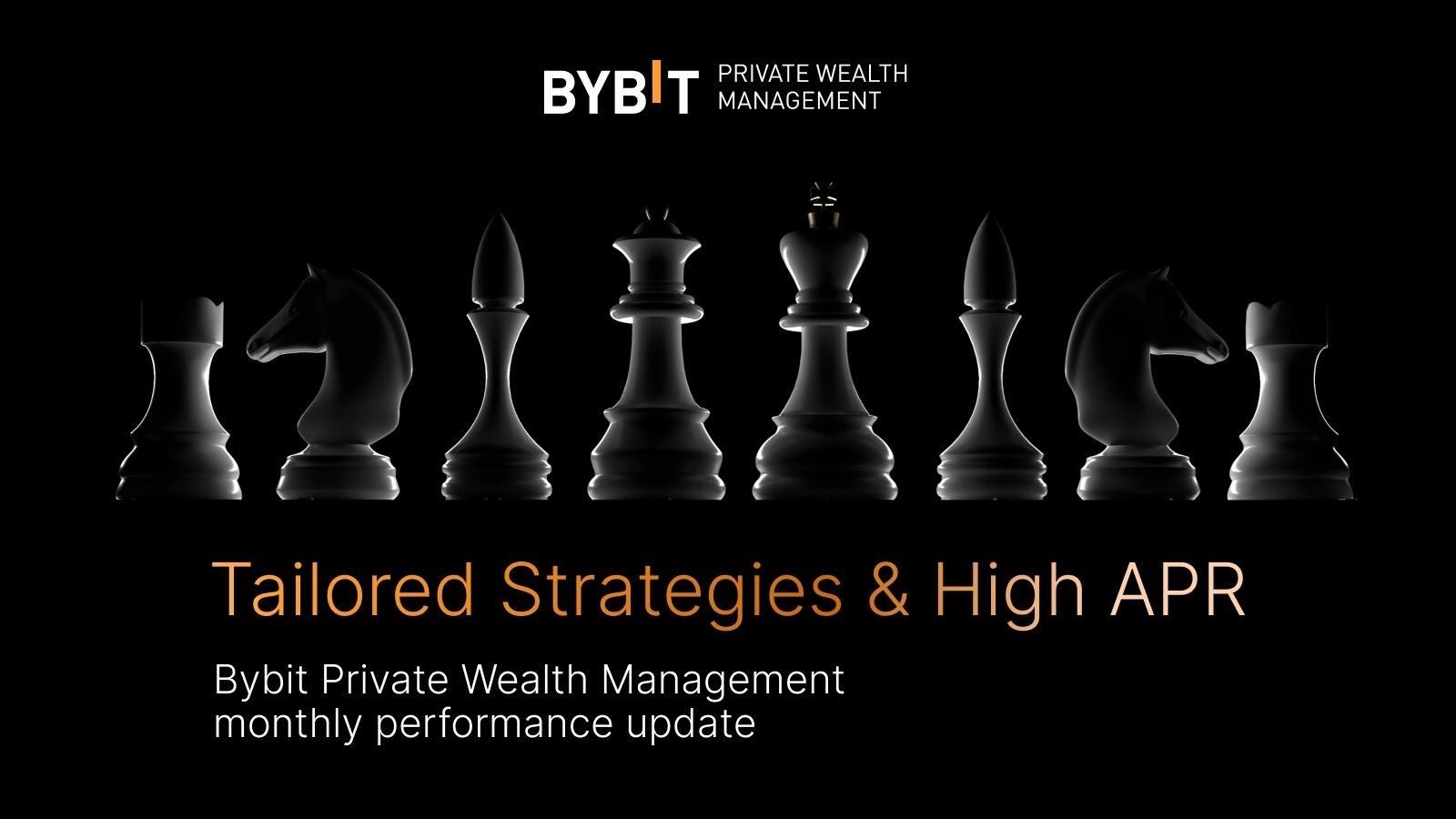A newb, also known as a newbie, noob, or nub, is an individual who lacks experience in a specific area. In the context of blockchain and cryptocurrencies, a newb refers to someone who is new to the world of digital assets and has limited knowledge or understanding of how they work.
For a newbie blockchain reader, it’s important to understand that blockchain technology is the foundation on which cryptocurrencies are built. It is a decentralized ledger that records all transactions made with digital currencies, ensuring transparency, security, and immutability.
Now, let’s apply the concept of newb to the world of blockchain and cryptocurrencies. Imagine you’ve just heard about Bitcoin and are curious to learn more. At this point, you are a newb in the cryptocurrency space. You may not know how to buy, store, or trade Bitcoin, or even how it differs from other cryptocurrencies. That’s perfectly fine; we all start as newbs in various domains.
As a newb in the blockchain space, you may encounter new terms and concepts that seem overwhelming at first. However, with time and effort, you can become more knowledgeable and confident in navigating the world of cryptocurrencies.
One aspect that distinguishes newbs in the blockchain space is their lack of experience with cryptocurrency exchanges. These platforms allow users to buy, sell, and trade digital assets. As a newb, you might be unfamiliar with the steps involved in setting up an account, verifying your identity, depositing funds, and executing trades.
Let’s take a closer look at the journey of a newb entering the blockchain space:
What is Step 1?
As a newb, the first step is to gather knowledge and educate yourself about blockchain technology and cryptocurrencies. There are various resources available, including articles, videos, online courses, and forums, where you can learn about the fundamentals of blockchain, different cryptocurrencies, and how they are used.
By investing time in research and education, you can build a solid foundation of understanding and make informed decisions when entering the world of cryptocurrencies.
What is Step 2?
Once you have a basic understanding of cryptocurrencies, the next step is to choose a wallet to store your digital assets securely. A wallet is a software application or hardware device that allows you to safely store, send, and receive cryptocurrencies.
There are different types of wallets available, including software wallets (mobile, desktop, or online) and hardware wallets (physical devices). Each type has its own advantages and security measures, so it’s essential to research and choose a wallet that aligns with your needs and preferences.
What is Step 3?
Now that you have a wallet, you need to find a reputable cryptocurrency exchange to buy, sell, and trade digital assets. There are numerous exchanges available, each with its own features, fees, and supported cryptocurrencies.
When selecting an exchange, consider factors such as security measures, user interface, trading volume, customer support, and available trading pairs. It’s crucial to choose a reliable and trustworthy exchange to safeguard your funds and ensure a smooth trading experience.
What is Step 4?
As a newb, understanding the basics of trading is essential before making any investment decisions. Learn about market orders, limit orders, bid and ask prices, order books, candlestick charts, and other trading concepts. This knowledge will help you navigate the exchange platform and execute trades with confidence.
Additionally, it’s important to have a clear understanding of risk management and not to invest more than you can afford to lose. Cryptocurrency markets can be highly volatile, and prices can fluctuate dramatically, so it’s crucial to approach trading with caution and set realistic expectations.
What is Step 5?
Security should be a top priority for any cryptocurrency user, especially newbs who are still learning the ropes. Implement strong security practices such as enabling two-factor authentication, using unique and strong passwords, and being cautious of phishing attempts and suspicious links.
It’s also advisable to keep your wallet software and operating systems up to date to protect against potential security vulnerabilities. Regularly back up your wallet and store your backup securely in offline or cloud storage.
What is Step 6: Joining the Community?
Blockchain and cryptocurrency communities are vibrant and supportive. As a newb, joining these communities can provide valuable insights, advice, and opportunities to connect with like-minded individuals.
Participate in forums, social media groups, and attend meetups or conferences to learn from experienced users, ask questions, and share your own experiences. The community can be an excellent source of learning and growth as you navigate your journey in the blockchain space.
In conclusion, being a newb in the blockchain and cryptocurrency space is nothing to be ashamed of. It’s a starting point for everyone, and with the right mindset and dedication to learning, you can become an informed and confident participant in the decentralized world of cryptocurrencies.














